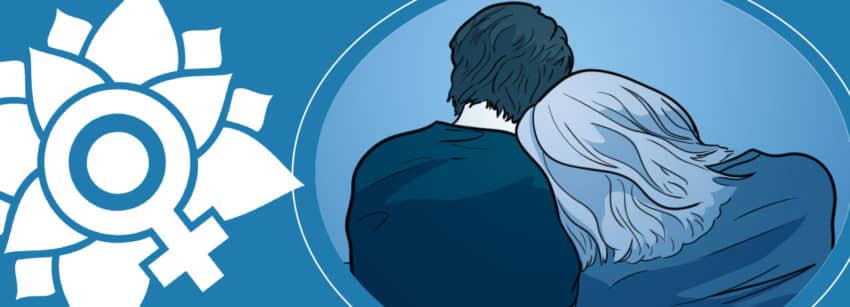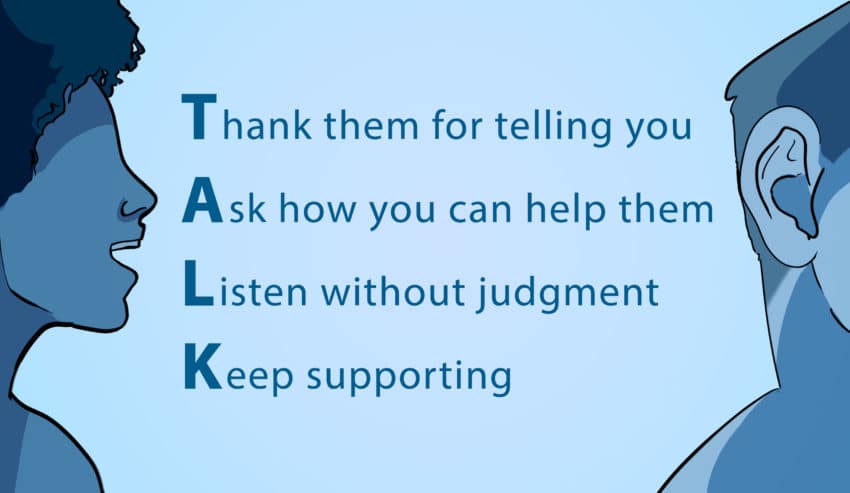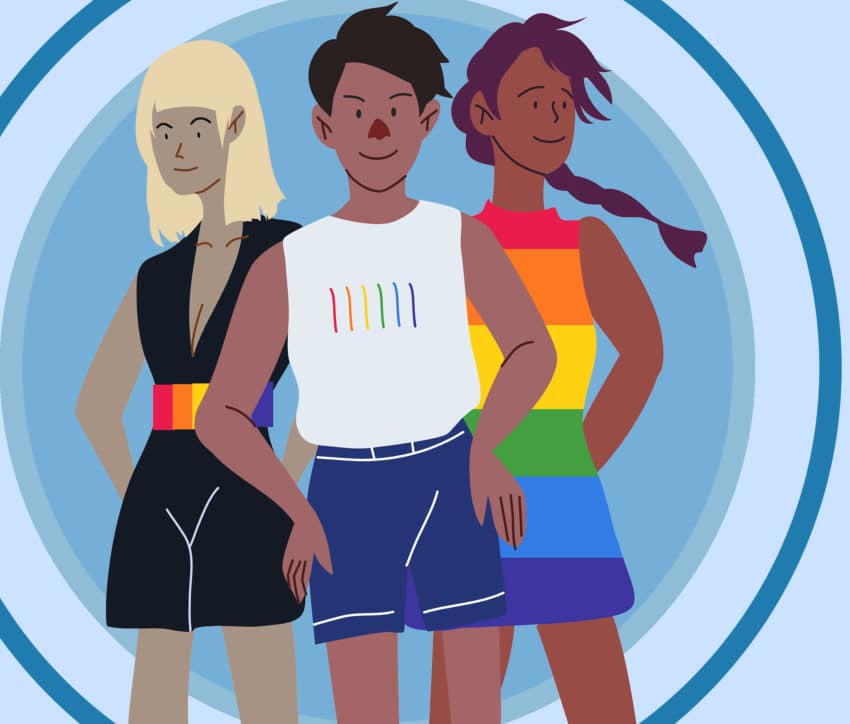Trigger Warning: Se*ual A**ault & R*pe

A new season and new month are finally upon us, and it is time to shake those winter blues. April is home to many important causes and awareness campaigns, including National Autism Awareness Month, National Parkinson’s Awareness Month, and Stress Awareness Month. As some of you may or may not know, April is also Sexual Assault Awareness Month (SAAM). SAAM was first nationally recognized and observed in April of 2001 – but the fight and urgency for sexual assault awareness began much earlier than this.
This movement started in the 1970s as a widespread need was seen for more support surrounding sexual assault and violence against women. When the organization Bay Area Women Against Rape opened in 1971 as one of the first rape crisis centers in the United States, other states saw a need for more immediate support and resources for survivors and allies. In the 1980s, many activists chose October as a month to raise awareness specifically about domestic violence against women. Starting with a singular week in 1990, the National Coalition Against Sexual Assault (NCASA), with the support of activist groups, organizations, and coalitions around the country, decided that April was the proper month to observe this cause. The entire month of April is now home to a national campaign meant to help increase awareness around the risks and causes of sexual assault in our communities and to empower people to take the appropriate steps to prevent and support those in their respective communities.
This post isn’t going to give a bunch of statistics and share the unfortunately very high and difficult data that exists around sexual assault cases in the United States. Rather, we want to make this post about the ways in which we can help to reduce the harm and risks of sexual assault and violence. Through information, such as this, we hope to provide a means to support survivors.

Let’s say that someone comes to you and says that they have been sexually assaulted. What do you do next? The folks over at RAINN have a great acronym to help people begin their support with a survivor. The acronym is TALK, which stands for (T)hank them for telling you, (A)sk how you can help them, (L)isten without judgment, and (K)eep supporting them. It can be extremely nerve-racking and scary for someone to share or come forward after an assault. Some tips for supporting someone during their disclosure are to practice active listening, be present, offer supportive reassurance, acknowledge all of their emotions, and accept their plans and decisions on how and when they want to heal.
In addition to practicing TALK, here are some ways that you can reduce harm and counteract the risk factors that might contribute to sexual assault situations:

- When out with friends, be vigilant of your drinks and check for discoloration, unnecessary fizziness, or other abnormal characteristics when/if you are drinking in a group or social setting.
- Safety in numbers is helpful but is not always a deterrent to violence. Still, it is always a good idea to have a buddy or two when in social gatherings where the possibility of sexual assault is present.
- Have open and honest conversations about consent and healthy sexual and romantic relationship dynamics.
- Don’t just be a bystander; if something looks or seems off, please speak up!
As always, sexual assault is something that is very difficult to discuss, and even more difficult to share when it has happened to you. This is also a friendly reminder that sexual assault and violence can happen to anyone, anywhere, and at any time. It doesn’t discriminate based on gender, age, race, or sexual orientation. It is up to everyone to continue to support and believe survivors, and to continue to raise awareness to help prevent these assaults from continuing to happen in our communities. Below are some amazing resources with great information on ways to either report an assault, share your story, or be an ally by supporting a survivor:
National Sexual Assault Hotline
National Domestic Violence Hotline
National Disability Rights Network
1 in 6 (for male or masculine-identified persons)
The Trevor Project (for people in the LGBTQ+ community)
FORGE (for Trans & Gender Expansive persons)
Child Help National Abuse Hotline
Safe Helpline (for people in the Military)

Written by Alessandra Isabella on Friday, February 23, 2024.
